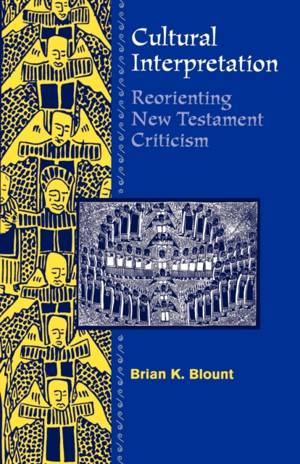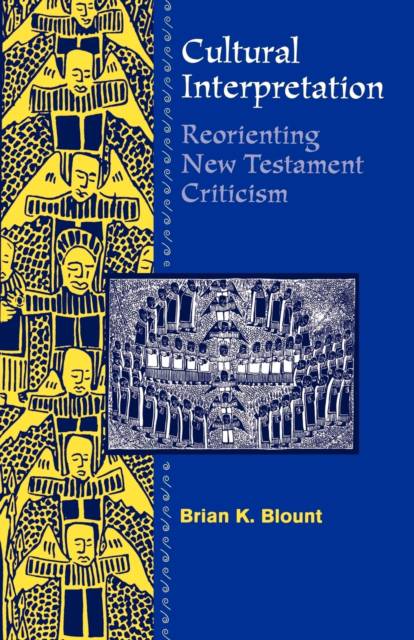
- Retrait gratuit dans votre magasin Club
- 7.000.000 titres dans notre catalogue
- Payer en toute sécurité
- Toujours un magasin près de chez vous
- Retrait gratuit dans votre magasin Club
- 7.000.0000 titres dans notre catalogue
- Payer en toute sécurité
- Toujours un magasin près de chez vous
Description
Building on insights into the social functions of language, especially its interpersonal dimensions, Blount constructs a culturally sensitive model of interpretation that provides a sound basis for ethnographic and popular, as well as historical-critical, readings of the biblical text.
Blount's framework does more than acknowledge the inevitability of multiple interpretations; it foments them. His analysis demonstrates the social intent of every reading and shows the influence of communicative context in such diverse readings of the Bible as Rudolf Bultmann's, the peasants of Solentiname, the Negro spirituals, and black-church sermons. Then Blount turns to Mark's account of the trial of Jesus, where he shows how this hermeneutical scheme helps to assess the emergence and validity of multiple readings of the text and the figure of Jesus.
Blount's expansive interpretive proposal will help scholars and students open up the possibilities of the text without abandoning it.
Spécifications
Parties prenantes
- Auteur(s) :
- Editeur:
Contenu
- Nombre de pages :
- 232
- Langue:
- Anglais
- Collection :
Caractéristiques
- EAN:
- 9780800628598
- Date de parution :
- 14-12-95
- Format:
- Livre broché
- Format numérique:
- Trade paperback (VS)
- Dimensions :
- 138 mm x 214 mm
- Poids :
- 303 g

Les avis
Nous publions uniquement les avis qui respectent les conditions requises. Consultez nos conditions pour les avis.






